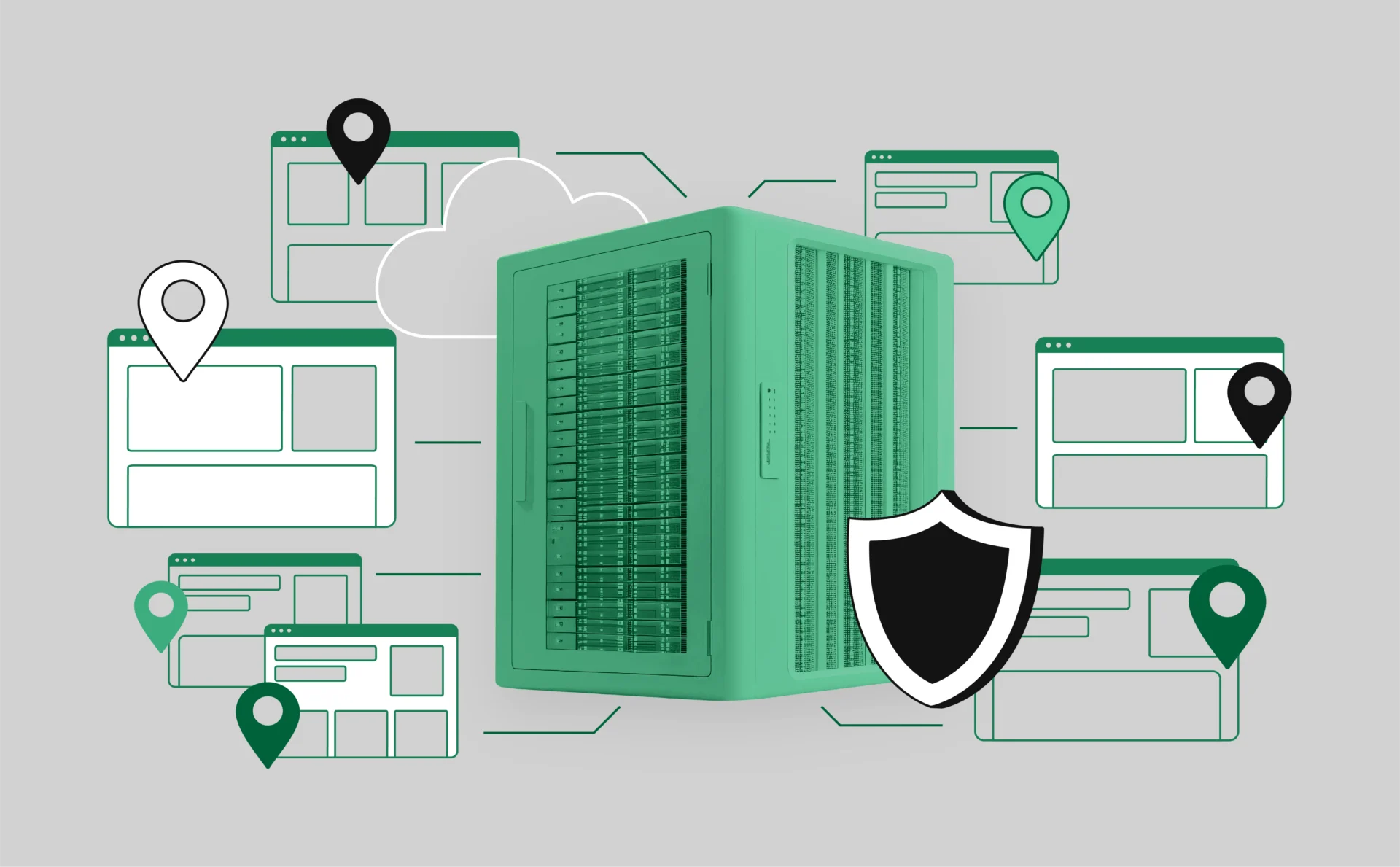
7 Best Target Sites for Proxies: What’s a Good Choice?
Proxies are necessary tools for web scraping, data analysis, and privacy protection. However, choosing the right target sites for proxies can make a significant difference in your success. Whether you’re looking for competitive intelligence, market research, or social media automation, selecting suitable sites is important.
In this guide, we explore the 7 best target sites for proxies, their use cases, and how to optimize your proxy setup for each.
What Makes a Good Target Site for Proxies?
Before diving into the list, it’s important to understand what makes a target site suitable for proxies. Key factors include:
- Data Availability: The site should provide valuable and accessible data.
- Anti-Bot Measures: Some websites have strict anti-scraping defenses, requiring advanced proxies.
- Traffic Volume: Sites with high traffic are less likely to detect proxy activity.
- Automation Potential: The site should support automated actions without immediate bans.
Now, let’s explore the best target sites for proxies.
1. Search Engines (Google, Bing, Yahoo)
Use Case: SEO monitoring, keyword research, and competitor analysis.
Search engines are prime targets for proxies due to their vast data repositories. Businesses use proxies to collect search results, track rankings, and monitor ad placements. Since search engines actively block excessive requests, rotating residential or datacenter proxies are essential.
Tips for Optimization:
- Use residential proxies to avoid CAPTCHAs.
- Rotate IPs frequently to prevent detection.
- Employ user agents to mimic real browsers.
2. Social Media Platforms (Facebook, Instagram, Twitter, LinkedIn)
Use Case: Social media automation, sentiment analysis, and market research.
Social media networks are valuable for collecting audience insights, monitoring trends, and managing multiple accounts. However, platforms like Facebook and Instagram enforce strict bot detection, requiring high-quality proxies.
Tips for Optimization:
- Use mobile or residential proxies for better credibility.
- Rotate IPs when scraping large amounts of data.
- Avoid aggressive scraping to prevent account bans.
3. E-Commerce Websites (Amazon, eBay, Walmart)
Use Case: Price tracking, product research, and competitor analysis.
E-commerce sites contain valuable data on pricing, product trends, and customer reviews. Proxies help businesses gather this data without triggering security measures.
Tips for Optimization:
- Use datacenter proxies for speed but switch to residential if blocked.
- Implement delays between requests to mimic human behavior.
- Avoid requesting too much data from a single session.
4. Travel and Hospitality Sites (Booking.com, Expedia, Airbnb)
Use Case: Price comparison, hotel availability tracking, and flight monitoring.
Travel websites frequently change prices based on demand and user location. Proxies allow users to access region-specific pricing and monitor fluctuations.
Tips for Optimization:
- Use rotating residential proxies for location-based searches.
- Change user-agent settings to appear as different visitors.
- Avoid making multiple requests from the same IP in a short time.
5. News and Media Websites (CNN, BBC, New York Times)
Use Case: Content aggregation, sentiment analysis, and journalism research.
News sites provide insights into global events, market trends, and audience opinions. Proxies help scrape news content for research or analysis without triggering rate limits.
Tips for Optimization:
- Use datacenter proxies for speed when gathering articles.
- Implement header modifications to bypass bot detection.
- Avoid scraping paywalled content without proper authorization.
6. Forums and Community Platforms (Reddit, Quora, Stack Overflow)
Use Case: Market research, sentiment analysis, and trend monitoring.
Forums are rich in user-generated content, providing insights into customer preferences and industry discussions. However, platforms like Reddit have strict rate limits.
Tips for Optimization:
- Use residential or rotating proxies to distribute traffic.
- Space out requests to avoid triggering security measures.
- Avoid engaging in spam-like activities that could get accounts banned.
7. Classified Ads and Job Boards (Craigslist, Indeed, LinkedIn Jobs)
Use Case: Lead generation, job market analysis, and price monitoring.
Job boards and classified sites contain valuable business and employment data. Proxies help collect listings for competitive analysis and market insights.
Tips for Optimization:
- Use geo-targeted proxies to access location-specific job postings.
- Rotate IPs to avoid blocks when scraping multiple listings.
- Be mindful of site terms to prevent unwanted restrictions.
Enhancing Proxy Performance with the Right Tools
Using proxies effectively requires the right tools and configurations. Platforms like Multilogin, Nodemaven, and Pixelscan help manage proxy setups and avoid detection.
- Multilogin: Ideal for managing multiple accounts on different sites without being detected.
- Nodemaven: Provides high-performance proxies optimized for various use cases.
- Pixelscan: Helps detect browser fingerprinting and ensures secure proxy usage.
Common Challenges When Using Proxies
While proxies provide many advantages, they come with challenges such as:
- IP Bans: Sites may detect and block proxy traffic if usage patterns are suspicious.
- CAPTCHA Challenges: Some platforms deploy CAPTCHA systems to filter bots.
- Slow Connection Speeds: Some proxies, especially residential ones, may reduce browsing speed.
How to Overcome These Issues:
- Rotate IPs frequently using a pool of residential proxies.
- Implement CAPTCHA-solving services if necessary.
- Use a combination of datacenter and residential proxies for balance.
Conclusion
Choosing the right target sites for proxies depends on your goals. Whether it’s search engine scraping, social media automation, or price tracking, selecting a site with manageable anti-bot measures and valuable data is important.
By using advanced platforms like Multilogin, Nodemaven, and Pixelscan, you can maximize efficiency and avoid detection. With the right strategies in place, proxies can help unlock powerful insights and improve online operations.